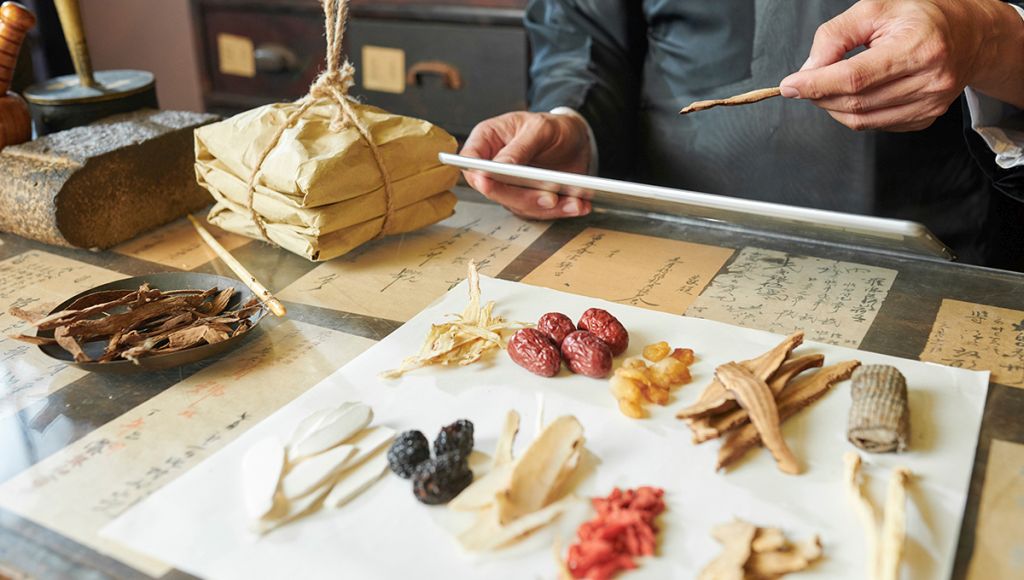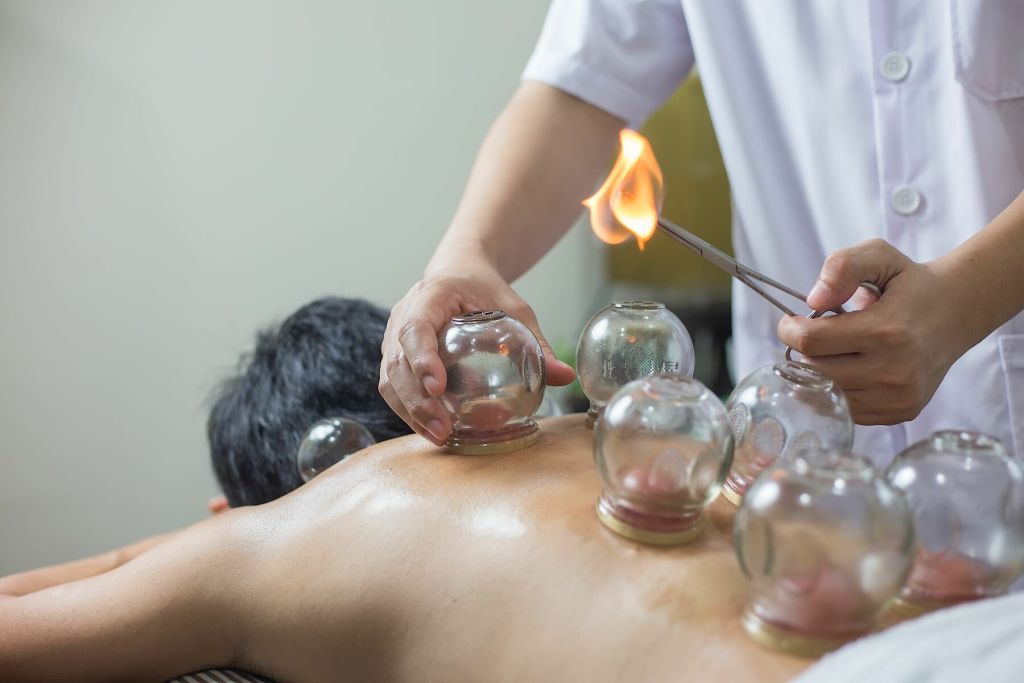
Infertility affects millions of couples worldwide, presenting not only physical challenges but also emotional and psychological stress. While modern medicine offers various treatments, an increasing number of people are turning to traditional Chinese medicine (TCM) for solutions. Rooted in thousands of years of practice, TCM offers a holistic and comprehensive approach to treating infertility, combining herbal medicine, acupuncture, dietary therapy, and lifestyle adjustments.
Understanding Chinese Medicine
Traditional Chinese medicine is based on the concept of balance within the body, particularly the balance of Qi (vital energy), blood, Yin, and Yang. According to TCM theory, health issues, including infertility, arise when there is an imbalance or blockage of these vital energies. The goal of TCM is to restore harmony within the body, thereby promoting overall health and fertility.
Causes of Infertility in TCM
In TCM, infertility can be attributed to various factors, which are often categorized into five main types:
- Kidney Deficiency: The kidneys are considered the source of reproductive energy. Weak kidney energy can lead to irregular menstruation, low libido, and poor egg or sperm quality.
- Liver Qi Stagnation: Stress and emotional disturbances can cause the liver Qi to become stagnant, affecting the flow of energy and blood, and leading to menstrual irregularities and other reproductive issues.
- Blood Stasis: Poor blood circulation can result in conditions such as endometriosis or fibroids, which can obstruct the reproductive organs.
- Phlegm-Dampness Accumulation: An excess of phlegm and dampness in the body can block the fallopian tubes or lead to polycystic ovary syndrome (PCOS).
- Heat: Excessive heat, often caused by inflammation or infection, can damage reproductive cells and tissues.
Herbal Medicine
Herbal medicine is a cornerstone of TCM and is widely used to treat infertility. Chinese herbs are often prescribed in combinations, tailored to the individual’s specific condition. Some commonly used herbs for infertility include:
- Dang Gui (Angelica Sinensis): Known for its blood-nourishing properties, it helps regulate menstruation and alleviate menstrual pain.
- Bai Shao (White Peony Root): It nourishes the blood and Yin, calming the liver and reducing pain.
- Shu Di Huang (Rehmannia Root): This herb is used to nourish kidney Yin and blood, enhancing fertility.
- Cuscuta (Dodder Seed): Often used to tonify the kidneys and liver, it improves reproductive health and function.

Acupuncture
Acupuncture involves the insertion of fine needles into specific points on the body to regulate the flow of Qi and blood. It is believed to enhance fertility by:
- Increasing blood flow to the reproductive organs
- Regulating hormone levels
- Reducing stress and promoting relaxation
- Improving the overall balance of the body
Research has shown that acupuncture can improve the success rates of in vitro fertilization (IVF) when used in conjunction with conventional treatments. It is also effective in treating conditions such as PCOS, endometriosis, and unexplained infertility.
Dietary Therapy
Diet plays a significant role in TCM, and specific dietary recommendations are often made to improve fertility. The focus is on nourishing the body, enhancing energy levels, and reducing dampness and heat. Some dietary guidelines include:
- Eat Warm Foods: Consuming warm, cooked foods helps support digestive health and balance.
- Avoid Cold and Raw Foods: Cold and raw foods can weaken the digestive system and create dampness.
- Incorporate Fertility-Boosting Foods: Foods such as walnuts, black sesame seeds, and goji berries are believed to enhance reproductive health.
- Stay Hydrated: Drinking enough water and herbal teas helps maintain fluid balance and detoxify the body.
Lifestyle Adjustments
In addition to herbal medicine, acupuncture, and dietary therapy, TCM emphasizes the importance of a balanced lifestyle for fertility. Recommendations often include:
- Stress Management: Practices such as meditation, tai chi, and qigong help reduce stress and promote emotional well-being.
- Adequate Rest: Ensuring sufficient sleep and avoiding overexertion are crucial for maintaining energy levels.
- Regular Exercise: Moderate exercise, such as walking or swimming, supports overall health without causing excessive strain.
Conclusion
Chinese medicine offers a holistic approach to treating infertility, addressing the root causes and promoting overall health. By restoring balance within the body, TCM aims to enhance reproductive function and increase the chances of conception. While it can be used alone, many couples find that combining TCM with modern medical treatments provides the best results. Consulting with a qualified TCM practitioner can provide personalized guidance and support on the journey to parenthood.








